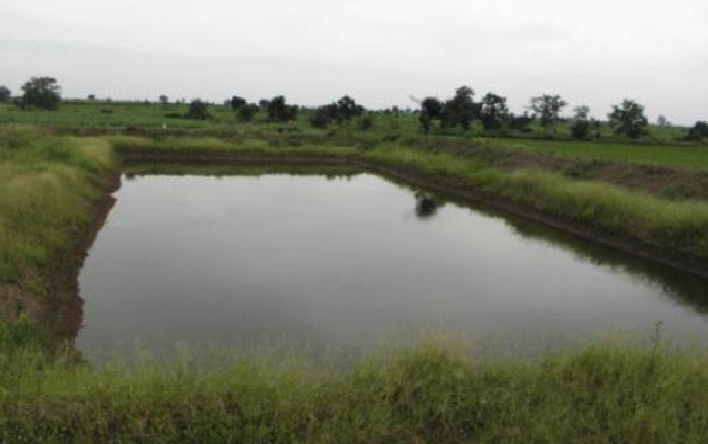
WRI urges government to rehabilitate abandoned dams
A proposal has been made to the government to rehabilitate existing or abandoned dams in order for it to realise its vision of one village, one dam. The Council for Scientific and Industrial Research-Water Research Institute (CSIR-WRI), which made the proposal, said: “The majority of such dams are either heavily silted or have collapsed in sections due to heavy overland flows and weak construction.”
At an in-house seminar in Accra held yesterday to review its activities over the years, the CSIR-WRI also proposed that the government should identify new communities and construct new dams to serve their needs as well as boreholes to meet domestic and animal watering needs.
Speaking on the theme: “Rainwater harvesting for livelihood support (Towards the government’s one village, one dam project)”, a senior research scientist, Dr Frederick Amu-Mensah, said: “To enhance the effectiveness and value of the dams to the communities, CSIR-WRI proposes the introduction of aquacultural practices to improve the nutritional and income earnings of the communities.”
He also called on the government to create storage by creating dugouts in the flow paths in the northern parts of the country where, he said, the lands had “fairly even elevations making it difficult to dam water courses where there are no natural barriers”.
He said the CSIR-WRI “had expertise in training the communities to better manage the facilities and to conduct social and anthropological studies to help reduce negative human influences of the dam and its use”.
Proposed baseline study
Presenting a proposed baseline study on water storage and management, a research scientist, Dr Esther Wahaga, said the CSIR-WRI was proposing to undertake a project on water storage and management for livelihood support in the northern part of the country.
She said the three northern regions were known for their unreliable short rainy season and long dry season which did not promise a dependable water supply for domestic, irrigation and industrial use.
Dr Wahaga, therefore, said a baseline study would help to establish the status of water storage and management practice and techniques, as well as water usage in the three regions.
The acting Head of the WRI, Dr Barnabas Amisigo, who gave an overview of the review activities of the WRI, said the institute aimed at providing appropriate technologies for water resource management, among other activities.
